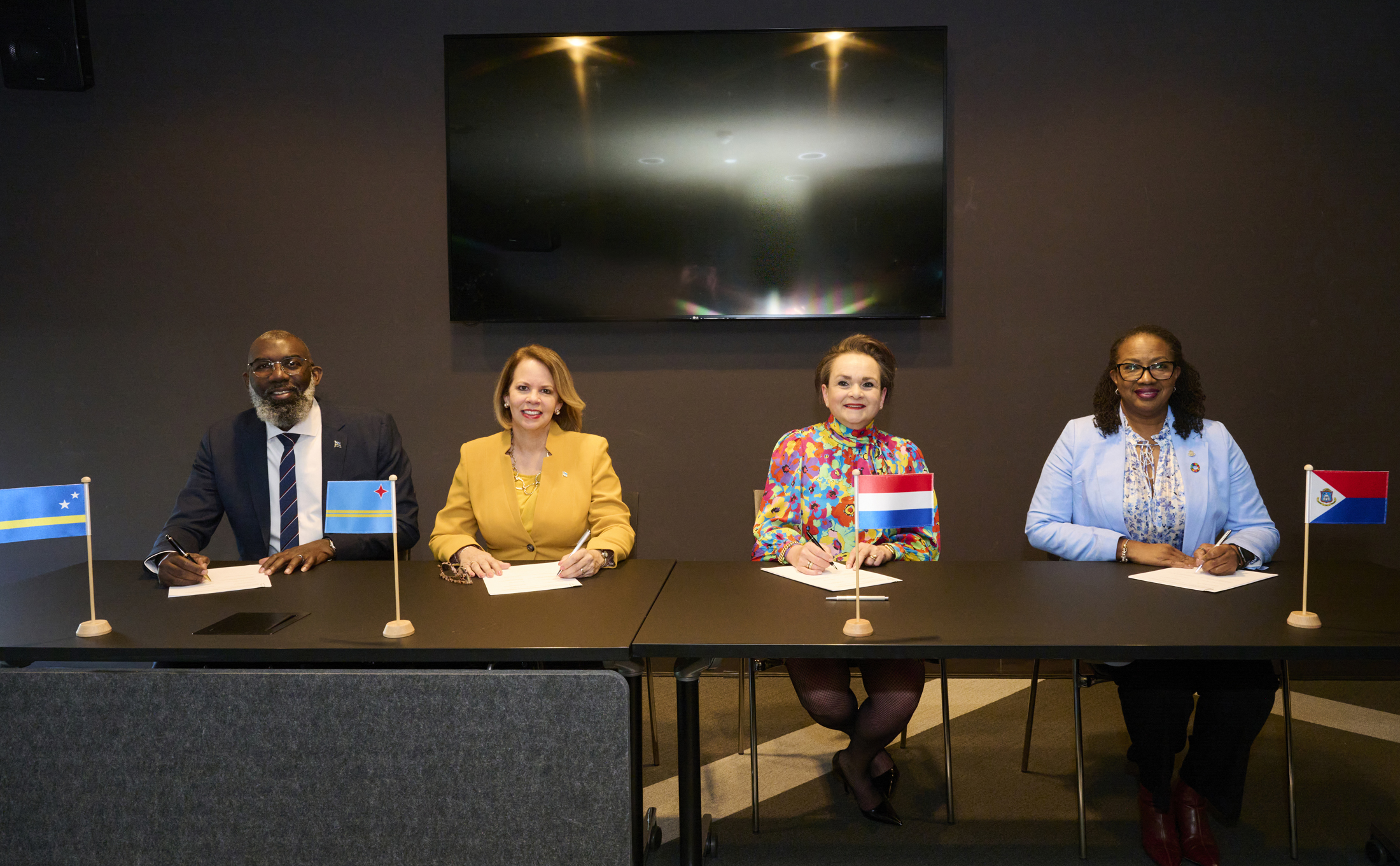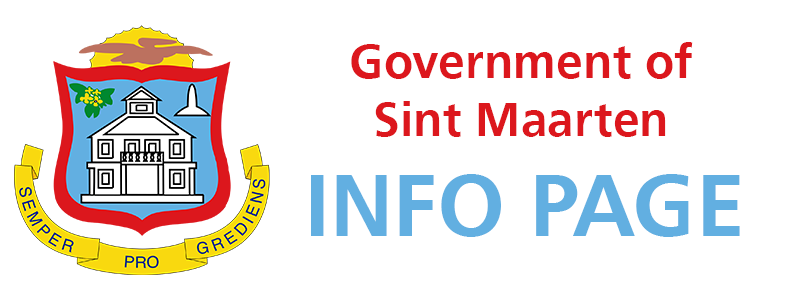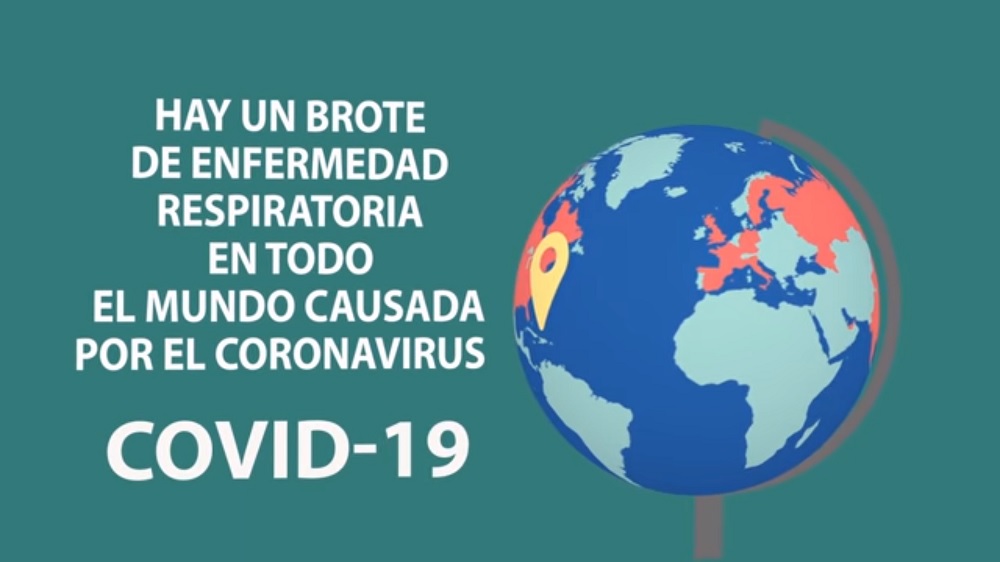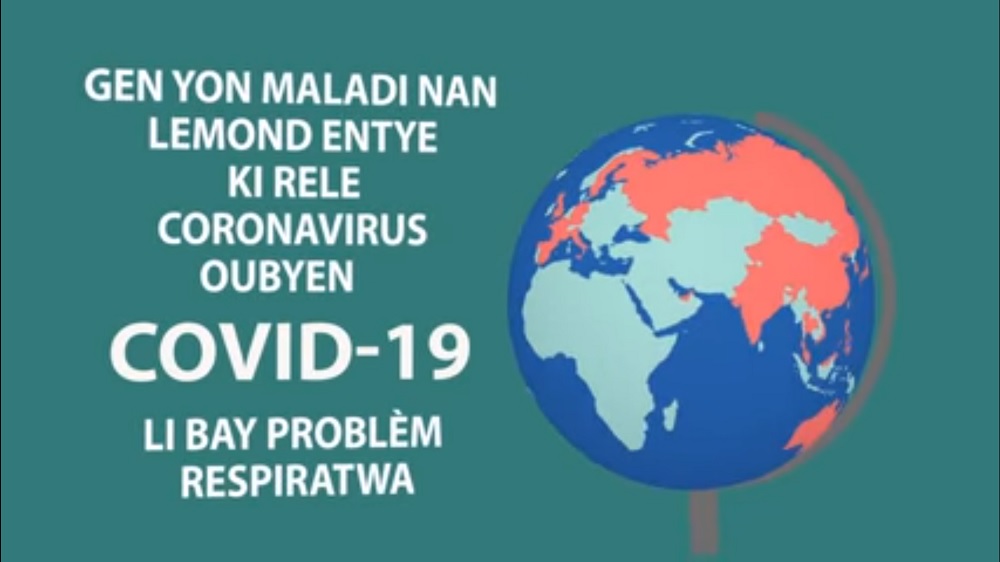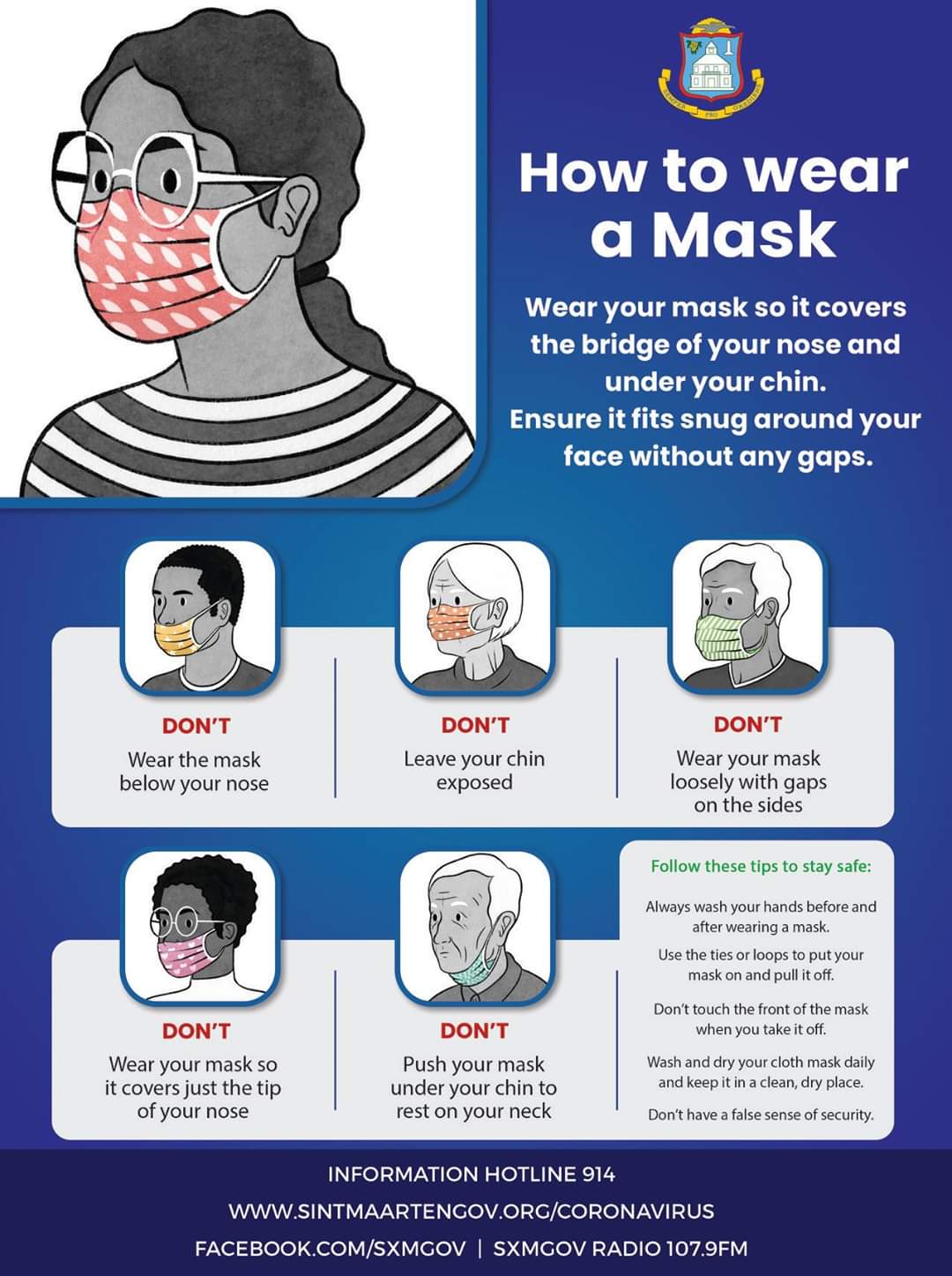Aruba, Curaçao, Sint Maarten, and the Netherlands agree to Mutual Regulation for cooperation on reforms
THE HAGUE, the Netherlands, April 04, 2023 – With the signatures of the Prime Ministers of Aruba, Curaçao, and Sint Maarten and the state secretary of Kingdom Relations under a new Mutual Regulation, the legal basis has been laid for sustainable cooperation for public sector reforms in the Caribbean countries of the Kingdom. Besides financial, economic, and social reforms, it also covers reforms in other areas, such as education, healthcare, and strengthening the rule of law.
For the past two years, the reforms have been implemented based on the country packages of the Caribbean countries. The aim is to increase the economic resilience and the administrative governance within the countries in the interest of their inhabitants. These reforms are needed to address the various vulnerabilities the countries face when dealing with economic setbacks due to disasters such as the Covid-19 pandemic.
The new Mutual Regulation is the instrument deployed for sustainable cooperation within the Kingdom. The agreement is based on equality, ownership, and commonality. It also includes mutual commitment. For instance, the governments of Aruba, Curaçao, and Sint Maarten commit to working on the implementation of reforms for the next four years. In turn, the Netherlands commits to providing the necessary support to implement the reforms. This will be done by providing implementation capacity and financial resources.
Based on the new Mutual Regulation, the Caribbean countries of the Kingdom, each, together with the Netherlands, draw up implementation agendas. These contain measures and projects aimed at the realization of the intended reforms within the public sector. Implementation of the reforms is primarily the responsibility of those countries' government.
In the Caribbean countries, the responsibility for coordinating the implementation of the reforms lies with the Ministers of General Affairs and the implementing organizations falling under them. In the Netherlands, coordination lies with the Ministry of the Interior and Kingdom Relations and is executed by the Tijdelijke werkorganisatie (Temporary Work organization, TWO).
This way of working is a codification of the way the countries in the Kingdom have worked together on reforms over the past two years. The Mutual Regulation replaces the proposed consensus Kingdom Act COHO (In English: Caribbean Organ for Reform and Development), which did not receive the approval of the Kingdom parliaments.


